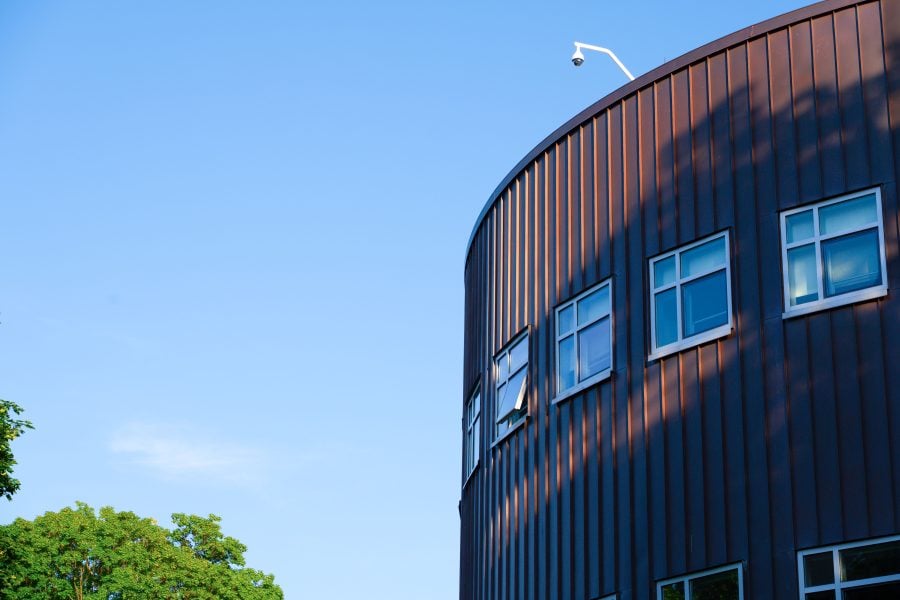
The College of Computing is welcoming four new faculty members for the 2025-26 academic year. Their expertise in artificial intelligence (AI), machine learning, software engineering, environmental sensing, and high-performance computing (HPC) will advance the College’s mission to drive innovation in computing and foster collaboration across disciplines and across campus.
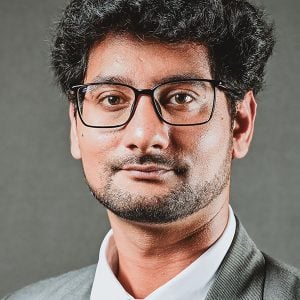
Neerav Kaushal: Assistant Professor, Applied Computing
Neerav Kaushal earned his PhD in applied physics from Michigan Tech in 2022 and most recently worked as a deep learning scientist in three pioneering startups.
His research focuses on AI and machine learning-driven drug design, chemical large language models (LLMs), molecular generation, reinforcement learning, and therapeutic property optimization. His work combines AI with drug discovery to accelerate advancements in healthcare and biomedical research.
Kaushal welcomes collaborations in computational drug design, bioinformatics, cheminformatics, machine learning, and generative AI, as well as projects bridging computer science, computational chemistry, and materials physics.
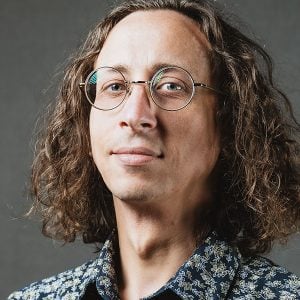
Evan Lucas: Assistant Professor, Computer Science
Evan Lucas earned his PhD in electrical and computer engineering from Tech in 2023 and previously served as a research scientist at the Institute of Computing and Cybersystems. Before his academic career, he worked in the automotive industry, focusing on turbo systems, and noise and vibration.
His research expertise includes applied machine learning, acoustic signal processing, underwater imagery, environmental sensing, deep learning, and LLM applications, including watermarking, memorization, and educational chatbots.
Lucas is interested in collaborations related to acoustic machine learning (active sonar, passive acoustics, signal processing), environmental sensing, LLM development, and the social aspects of AI.
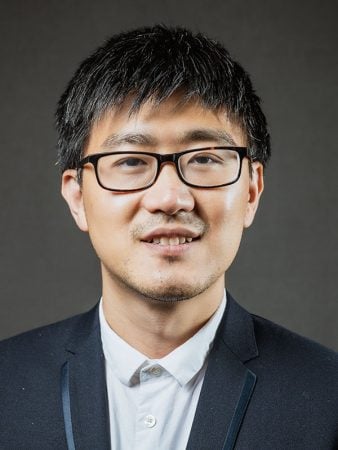
Jie “JW” Wu: Assistant Professor, Computer Science
Jie “JW” Wu earned his PhD in systems engineering from George Washington University and completed his postdoctoral fellowship at the University of British Columbia, Okanagan. Wu also brings industry experience as a software engineer at Snap Inc. and Microsoft, along with research internships at Google Research and Microsoft Research Asia, to his role at Tech.
His expertise includes AI for software engineering, LLMs for code, trustworthy AI alignment, and software engineering for AI (AI engineering, machine learning in production). He develops tools that improve developer productivity and software trustworthiness.
Wu welcomes collaborations in AI for engineering and science applications, domain-specific LLM techniques, productionizing AI systems, and addressing alignment and trustworthiness challenges in real-world deployments.
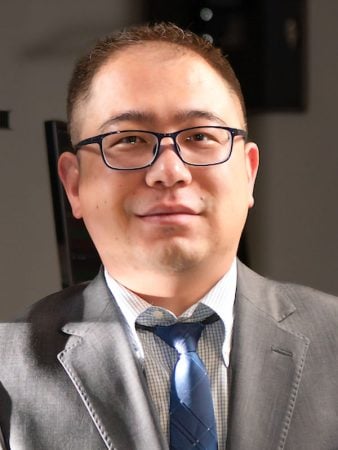
Bo Zhang: Assistant Professor, Computer Science
Bo Zhang earned his PhD in computer science from the University of Utah in 2024 and is slated to complete a postdoctoral research appointment at the University of Utah’s Scientific Computing and Imaging Institute in 2025.
His research focuses on HPC, extreme-scale data management, in-situ processing, digital twin workflows, and large-scale deep learning model training on supercomputers.
Zhang is eager to collaborate with computational scientists, HPC users, and interdisciplinary teams working on data-intensive experiments or near-real-time computing applications, including projects in protein folding, combustion, atmospheric science, and solar magnetohydrodynamics.
Dennis Livesay, Dave House Dean of the College of Computing, said the new faculty members strengthen the College of Computing’s resources and mission.
“Welcoming Drs. Kaushal, Lucas, Wu, and Zhang to our faculty means even greater opportunities for our students,” he said. From AI to HPC, they bring cutting-edge knowledge and industry experience that will enhance the classroom, expand research collaborations, and prepare Huskies to lead in the most dynamic areas of computing.”
The Michigan Tech College of Computing, established in 2019, is the first academic unit in Michigan dedicated solely to computing, and one of only a handful such academic units in the United States. The college is composed of two academic departments. The Computer Science department offers four bachelor of science programs in computer science, cybersecurity, data science, and software engineering; four master of science programs in applied computer science, computer science, cybersecurity, and data science; and a doctoral program in computer science. The Applied Computing department offers four bachelor of science programs in cybersecurity, electrical engineering technology, information technology, and mechatronics; two master of science programs in health informatics and mechatronics; and a doctoral program is in computational science and engineering.
Questions? Contact us at computing@mtu.edu. Follow the College of Computing on Facebook, Instagram, LinkedIn and Twitter.